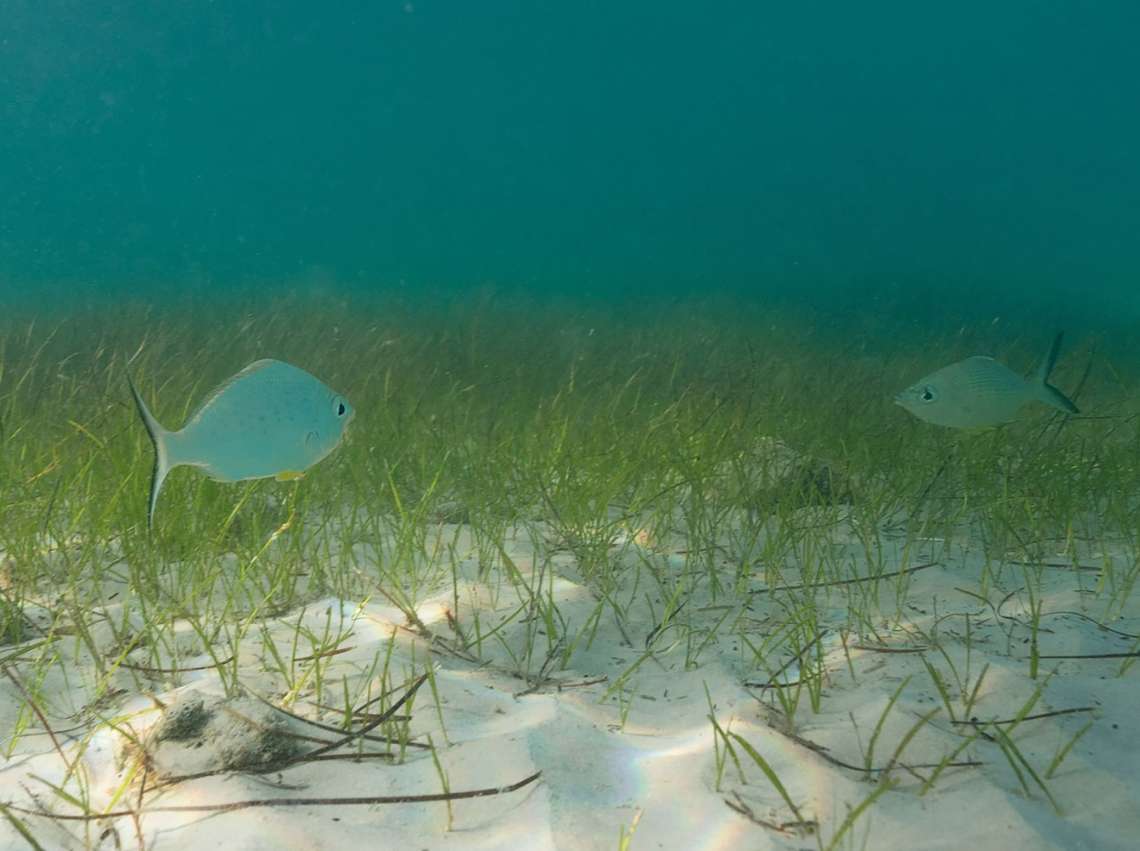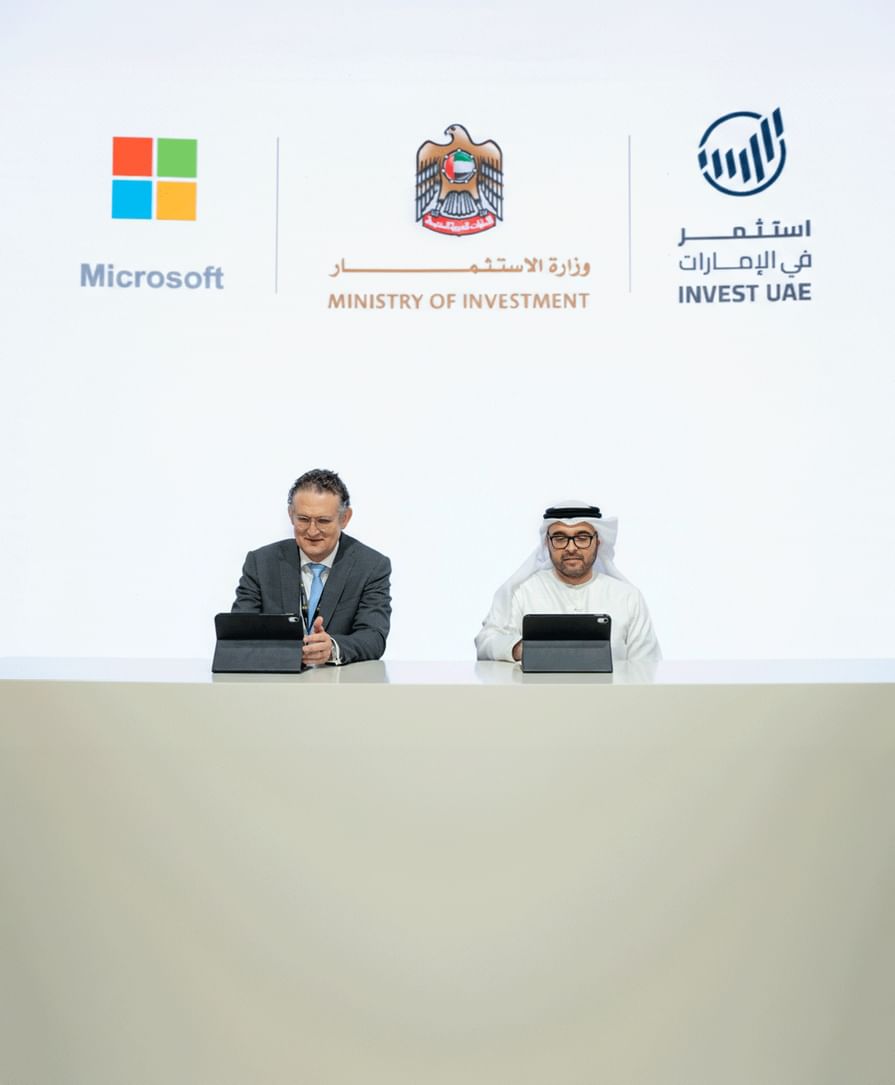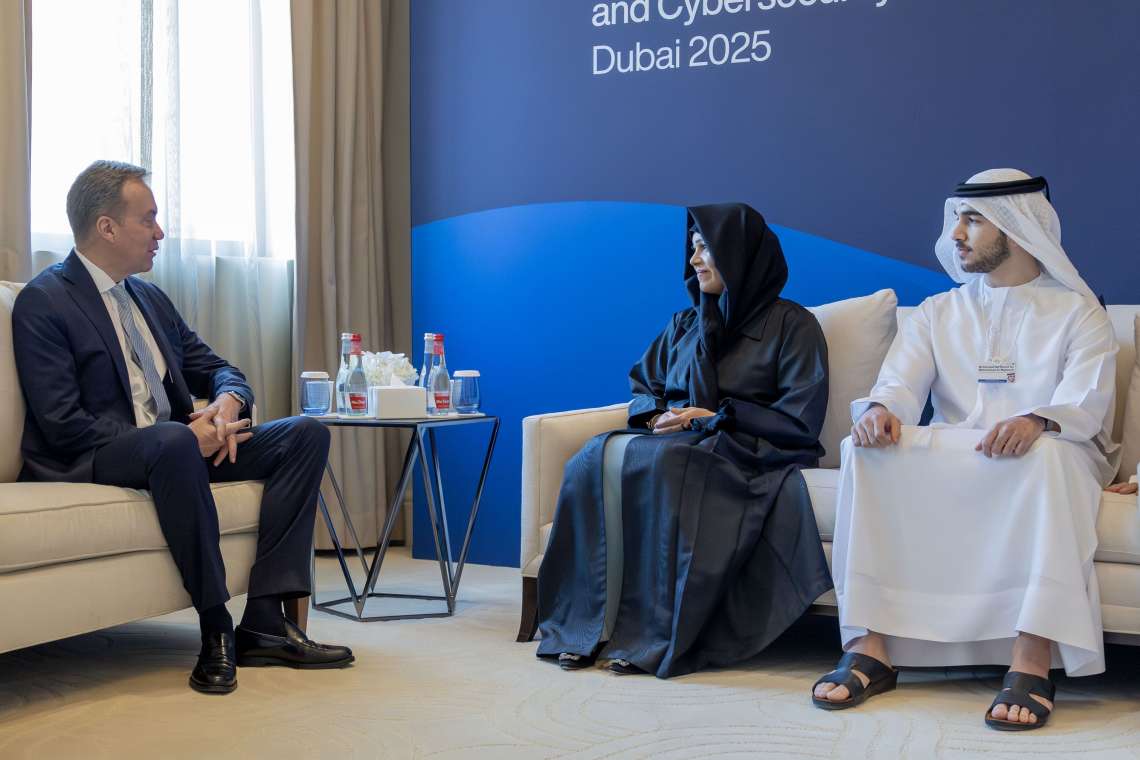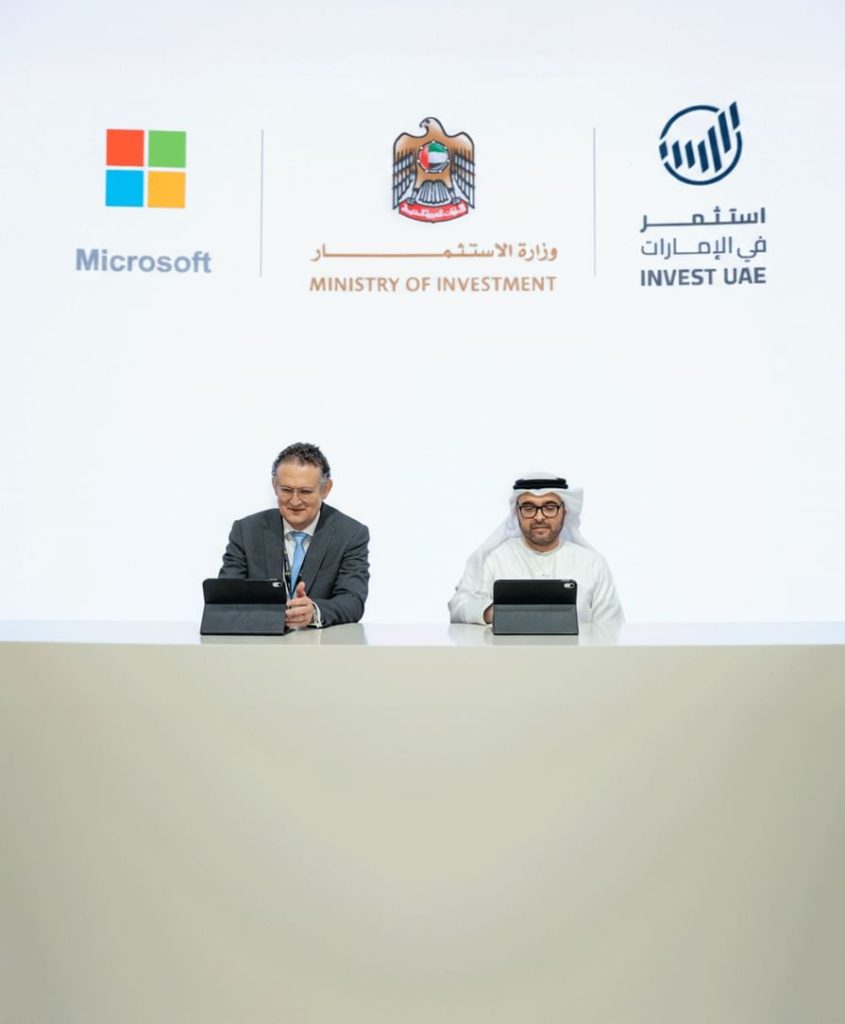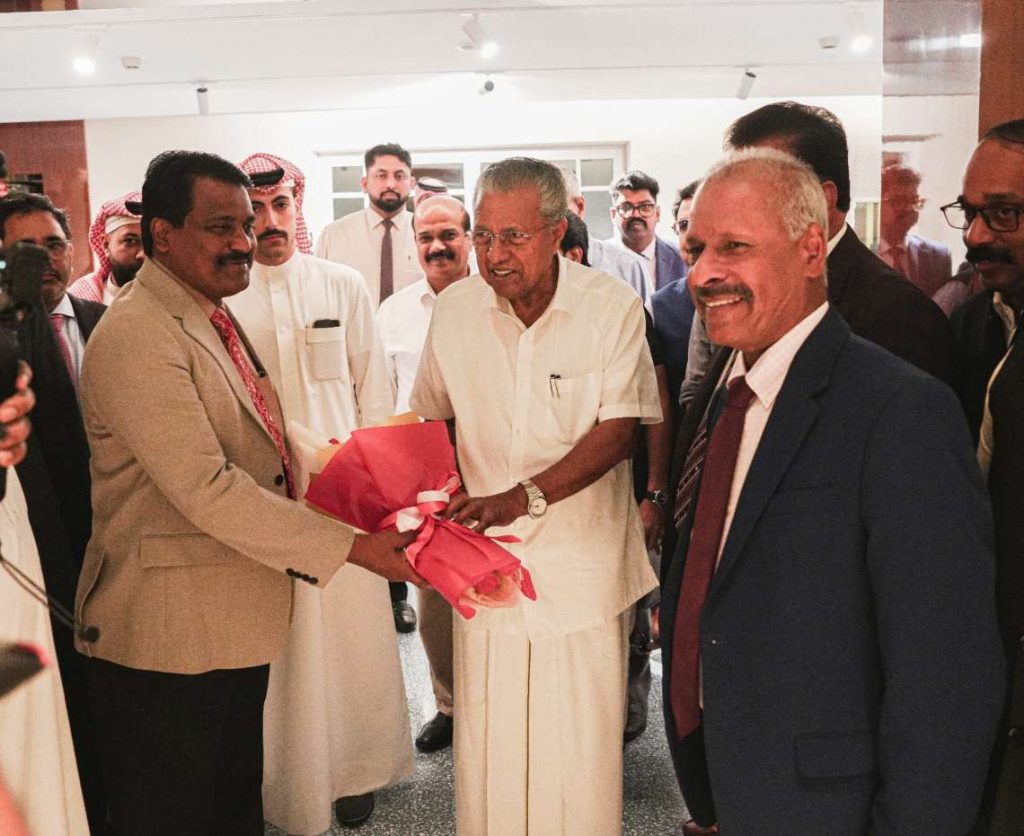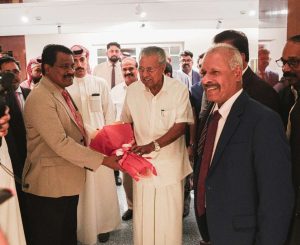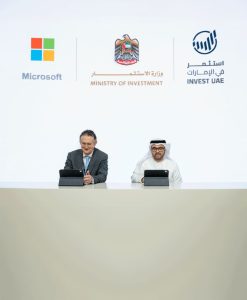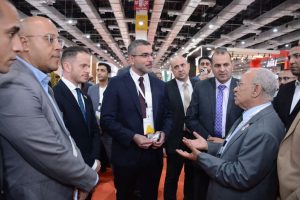Abu Dhabi, EAD and TotalEnergies launch seagrass restoration programme to protect marine biodiversity, store carbon, support dugongs, enhance fisheries, and lead global climate action initiatives….reports Asian Lite News
As part of its ongoing commitment to combat climate change and protect marine biodiversity, the Environment Agency – Abu Dhabi (EAD), in partnership with TotalEnergies, has launched a landmark seagrass restoration programme, designed to safeguard Abu Dhabi’s coastal ecosystems and reinforce the emirate’s role as a global leader in nature-based climate solutions.
The year-long initiative forms a cornerstone of the Abu Dhabi Climate Change Strategy, demonstrating how public-private collaborations can drive large-scale environmental restoration. By focusing on seagrass meadows—vital marine habitats that act as natural carbon sinks—this programme seeks to restore blue carbon ecosystems while enhancing biodiversity, supporting fisheries, improving water quality, and promoting eco-tourism.
Seagrass: Nature’s Climate Ally
Seagrass meadows are among the most effective coastal ecosystems for carbon sequestration, storing significant amounts of “blue carbon” in their roots, leaves, and surrounding soil. They also provide critical habitats for marine species, including the world’s second-largest dugong population outside Australia and thousands of green sea turtles. Protecting and restoring these habitats is therefore crucial for sustaining the region’s unique marine life. Abu Dhabi hosts three species of seagrass covering 3,000 square kilometres, supporting over 3,500 dugongs and 4,000 green sea turtles.
Dr. Shaikha Salem Al Dhaheri, Secretary-General of EAD, said, “Our seagrass restoration embodies Abu Dhabi’s commitment to conserving its natural heritage and addressing global environmental challenges. Through innovation, collaboration, and science-based action, this project is restoring habitats and strengthening our ability to protect and sustain the emirate’s rich marine resources for future generations. Our collaboration with TotalEnergies is a vital step towards achieving resilient coastal ecosystems and ensuring a sustainable future.”
Early Achievements and Impact
The programme has already planted 10,000 square metres of seagrass, which is capable of storing 52 tonnes of carbon—equivalent to 23 round-trip flights from Abu Dhabi to London. The project uses the widespread Halodule uninervis species and incorporates advanced technologies for monitoring and post-planting care, in alignment with the 2030 Seagrass Breakthrough of the UN Ocean Decade of Ocean Science.
Longstanding Partnership with TotalEnergies
Since 1999, TotalEnergies has partnered with EAD to protect Abu Dhabi’s ecosystems through initiatives ranging from dugong conservation and flamingo habitat protection to coastal resilience research. These efforts have fostered global knowledge exchange, including the Dugong and Seagrass Research Toolkit, now adopted in over 40 dugong and 80 seagrass range states.
Samir Oumer, President of TotalEnergies EP UAE and TotalEnergies Country Chair, said, “Our collaboration with EAD reflects our deep commitment to marine biodiversity and ecosystem restoration. The dugong and seagrass restoration project is a cornerstone of this partnership, aiming to rehabilitate critical coastal habitats and ensure the long-term survival of dugong populations. By combining conservation, habitat restoration, and community engagement, we are working to reverse ecosystem decline and strengthen coastal resilience.”
Global Seagrass Leadership
Building on this momentum, EAD will host the 16th International Seagrass Biology Workshop (ISBW) and the World Seagrass Congress in 2026—the first time these events will take place in the Middle East. Supported by the World Seagrass Association (WSA) and the International Union for Conservation of Nature (IUCN), these gatherings will unite governments, scientists, and marine specialists to highlight seagrass issues, share best practices, and build global networks for protection and restoration.
Through this initiative, Abu Dhabi is setting an example for the world, demonstrating how science-driven, collaborative conservation strategies can address climate challenges while preserving marine ecosystems, fostering biodiversity, and supporting sustainable development for generations to come.

